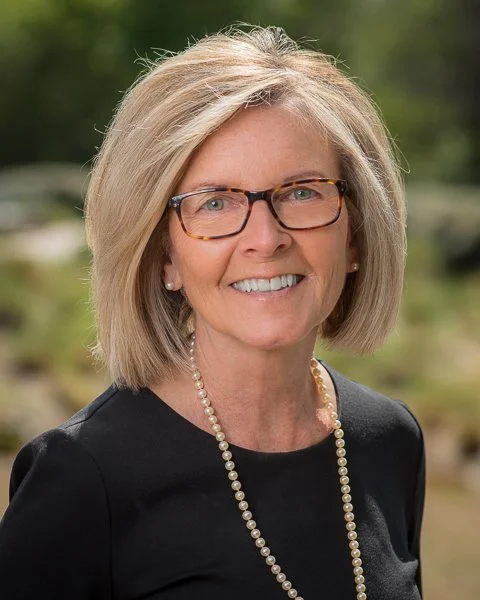Elaine Franklin, Secretary
Why I’m Involved
I believe that everybody’s history matters and that we cannot fully understand the present state of our world without looking to the events of yesterday and the yesterdays before. Unfortunately, doing so is complicated by the fact that most of the human past is not written, and that which is maintains a privileged place in textbooks and sanctioned educational curricula. If one accepts that there is a relationship between history and power (and I do) then it leads to the conclusion that those whose pasts are not visible may also be denied access to power in the present.
My vision is for a world in which we have an ever expanding and inclusive knowledge of our human past. This requires enlarging our understanding of what counts as “text” or evidence and accepting that history refers to all the human past. I became involved in archaeology because I believe that it, along with traditional cultural narratives and oral histories, is a critically important tool for realizing this vision and for growing our understanding of the human past.
Bio:
Elaine is a career educator with experience as a teacher, researcher, and educational leader. She has been involved in heritage education to different degrees and in various roles for 30 years including nine years as the Director of Education at Crow Canyon Archaeological Center (1997-2006). She has published nationally and internationally on archaeology education and has directed six National Endowment for the Humanities (NEH) Institutes for Teachers focused on American Indian history, (five in the Southwest and one in the Southeast). She is author of How Students Understand the Past: From Theory to Practice and, with Marjorie Connolly, editor of Windows into the Past: Crow Canyon Archaeological Center’s Guide for Teachers. Elaine earned her Ph.D in the Social Foundations of Education with a minor in Anthropology from the University of North Carolina in Chapel Hill. She recently retired from her position as Director of the Kenan Fellows Program for Teacher Leadership at North Carolina State University and looks forward to pursuing research interests around public archaeology and heritage education programs, and how they influence the knowledge, attitudes, and beliefs of those who participate in them.

